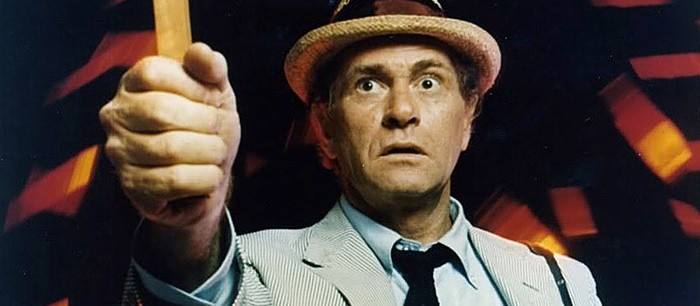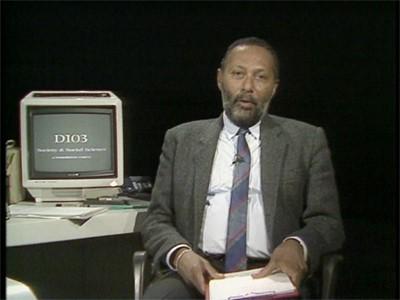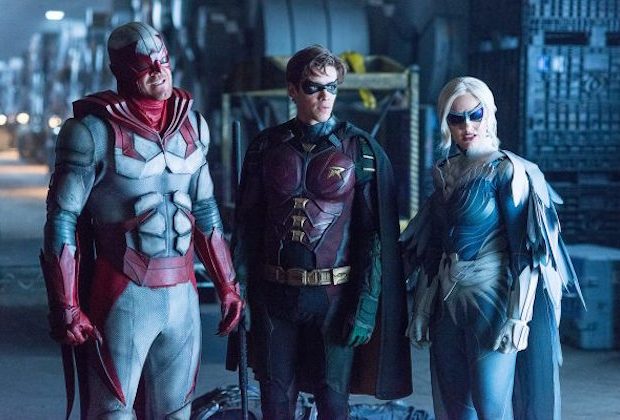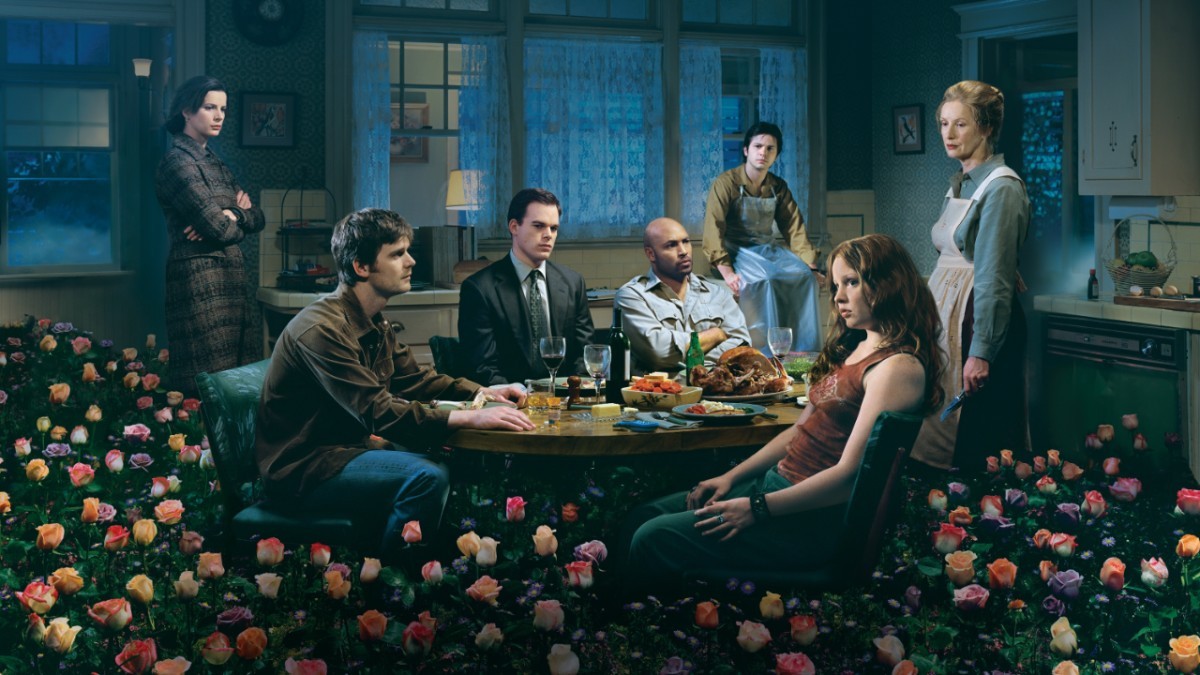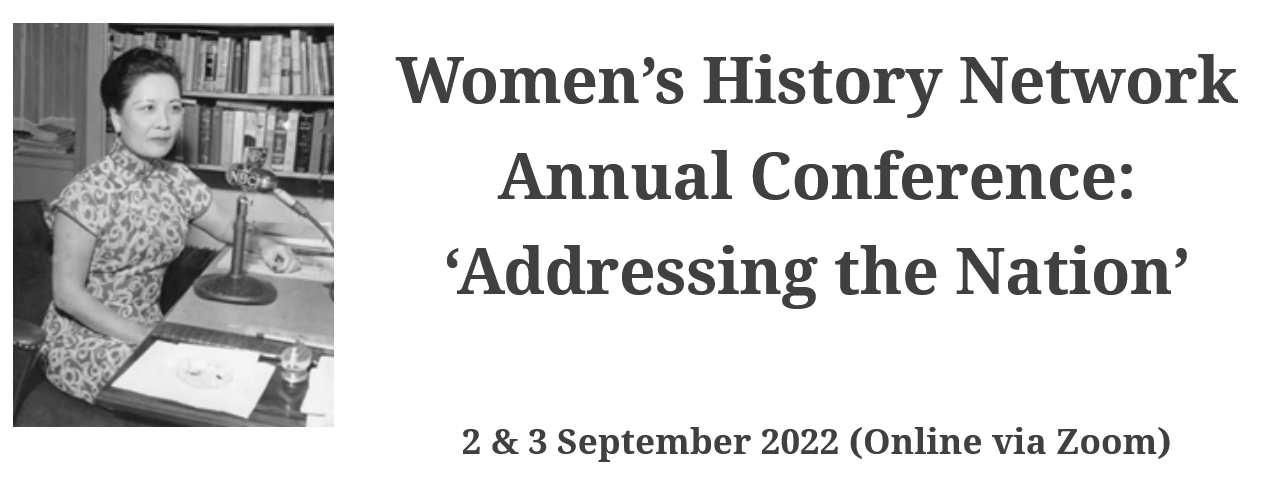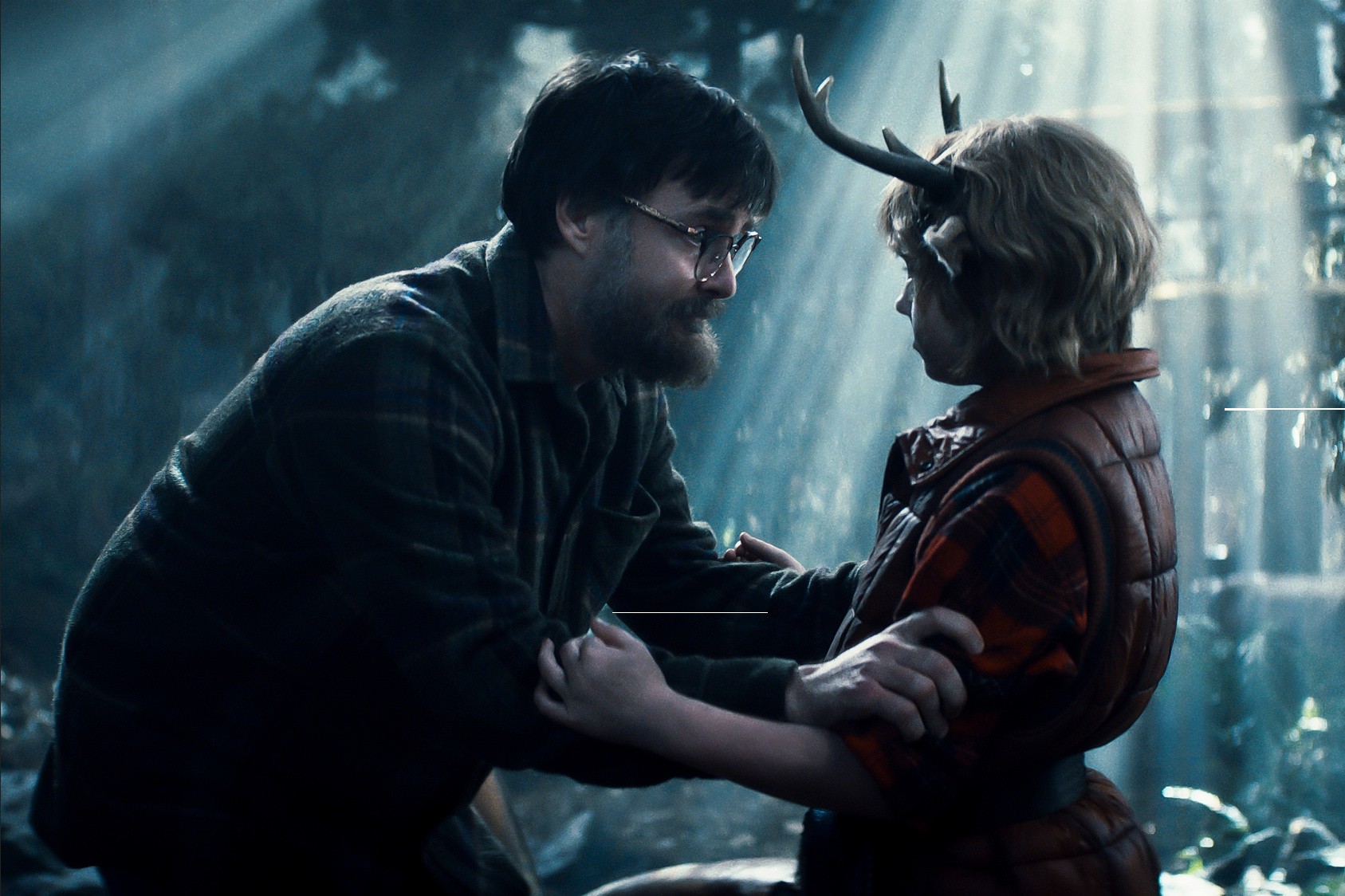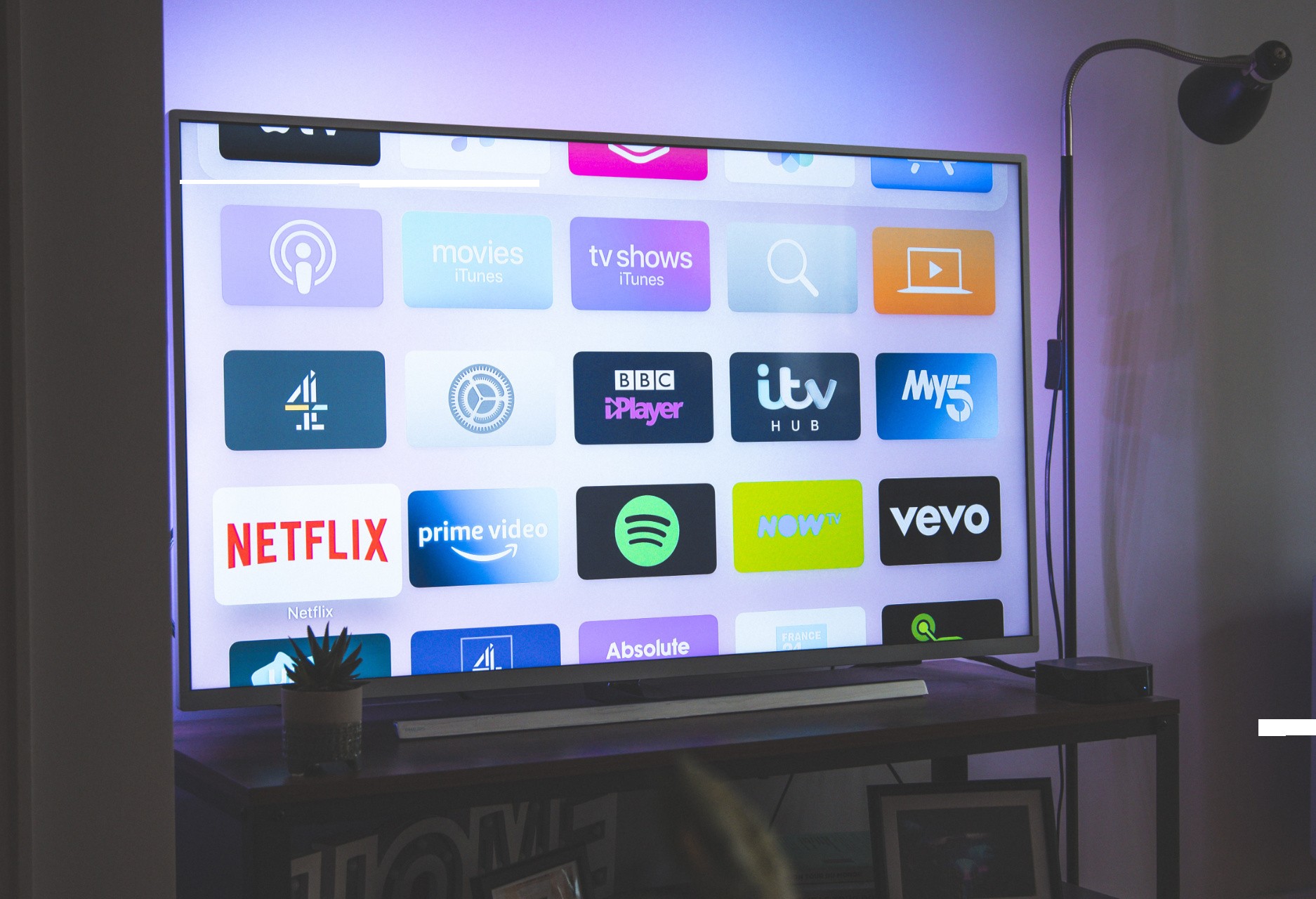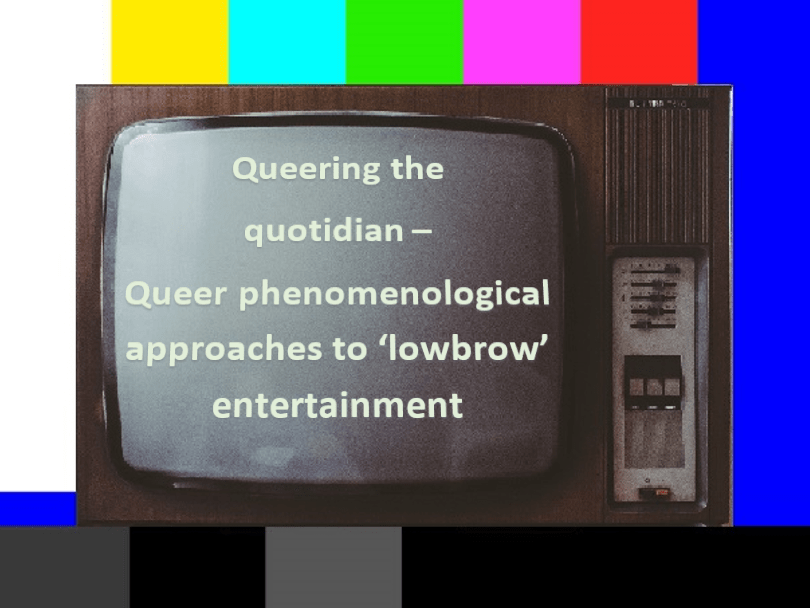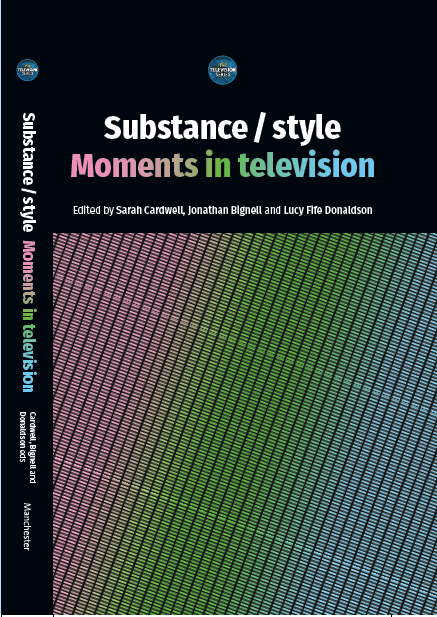
Application period is extended for the 2022 CNRS Thematic School “Moral and Social Issues in Television Series,” organized by the ISJPS (UMR 8103 CNRS/Paris 1 Panthéon-Sorbonne), with the support of the ERC DEMOSERIES and in partnership with the Institut ACTE (EA 7539/Paris 1 Panthéon-Sorbonne), La Fémis, and the University Gustave Eiffel.
